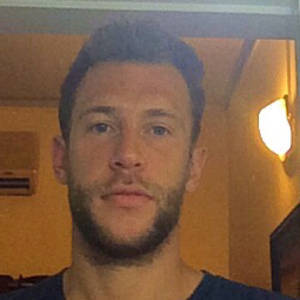Niassa
Niassa is a name that conjures up images of vast wilderness, ultimate remoteness and these rocky outcrops (inselbergs) rising from the plains. Niassa is the name of a province in the north west of Mozambique, the name of Africa's second largest wildlife reserve, the former name of Lake Malawi (Nyasa) and the country of Malawi itself (Nyasaland). The reserve is known for its important elephant population and being one of Africa's five priority landscapes for lion. At last count 66,000 people live in the reserve, which presents challenges to retaining the wilderness feel, a vital ingredient for the long-term vision of making the reserve sustainably financed by tourism ventures. It's hazy as to the legal rights of these communities but many have been there for generations living in a subsistence way but increasingly impacting the reserve by poaching and carrying out shifting cultivation.
Ever since I started working for Fauna & Flora International in 2008 the work we continue to support in Niassa National Reserve has been a high profile feature of the portfolio, and today I entered Niassa with some responsibility for making things go well there, in the part of the reserve that we help to manage. It felt exciting and daunting in equal measure, landing on this dusty airstrip in the Luwire concession. Mostly it felt knackering due to a pre-4am wake up after a bedtime that was at about 1.30am because I'd had to spend a while repacking all of my possessions in the hope that the hotel staff in Maputo would store them for a week when they arrived at work.
Niassa requires a gargantuan effort to visit and is a complicated beast due to the scale of the threats to conservation and the multitude of players involved. Even though most seem to be aligned on what needs to be done to properly conserve Niassa, it may be that the inevitable failure of even the most well-meaning people to communicate and coordinate together, keeps grinding some activities to a halt. I'm here as we had planned a visit for me to understand the activities we support here, but along with a small herd of other conservationists, donors and partners, we've arrived a few days early as the President of Mozambique himself will also visit tomorrow, at the request of one of the well-connected donors.
Mozambique is a long ass country. In the north as I am here, I'm currently closer to Nairobi than Maputo, even though there's a whole other big ass country (Tanzania) in between here and Kenya. It all just makes me keen to explore my new huge adopted nation.

Comments
Sign in or get an account to comment.


